Interview Questions: Do's and Don'ts
- Zack Arnold
- Dec 4, 2020
- 4 min read
Updated: Feb 7, 2024

If you are a recruiter, interviewing is an inevitable process of hiring an employee. Interviews are an effective opportunity for applicants to showcase their qualifications. For employers, on the other hand, an effective interview is obtaining information to make the best decision in the hiring process. Beyond greeting applicants with a friendly smile or asking open-ended questions, it is imperative that interviewers are knowledgeable about what to ask —and what not to ask— during an interview. This toolkit also provides recommended guidelines to reduce and eliminate discriminatory interviewing practices.
Best Questions to Ask Candidates
There are many ways to conduct an interview, whether it’s structured or framed like a conversation. Foremost, recruiters must understand their role in the interviewing process. What are you hoping to gain? A common answer is determining if the applicant’s qualifications mirror the job responsibilities. Or, it could be to get a better sense of the applicant’s thinking processes, actions, and motivations for applying to a company. Whether this is your goal or not, the most important thing to keep in mind is what your role is as an interviewer. The goal of the interview then shapes the questions you ask. It can also shape the method of interviewing, how you ask the questions, and the nature of the conversation. These three questions are a great starting point to meet your goals and expectations as an interviewer:
1. Tell me about a time when you took steps to understand and aid the pursuit of equity and inclusion in either your professional or personal life.
What are characteristics of a strong response to this DEI-focused question? The applicant should share actionable steps they have taken and exhibit a strong understanding of terms like “diversity,” “equity,” and “inclusion.”
2. Why do you want to work here?
This question is a great way to open dialogue into the expectations of the job, the company’s work culture, and the skills needed for the job. The applicant’s answer can also shape your perception of the applicant’s level of preparedness. A strong answer shows you that the interviewee has done research into your company, whether the applicant brings up your company’s work-life balance or mentorship program.
3. Name a work accomplishment that makes you proud.
This question aims to give you insight into what applicants value and how they celebrate their accomplishments. Through understanding the applicant’s achievements, you also gain knowledge into the interviewee’s strengths and what makes them proud.
Better Not to Ask: “ILLEGAL” Questions
In 2018, the U.S. Equal Employment Opportunity Commission (EEOC) resolved nearly 100,000 charges of discrimination. As a recruiter, it’s important to know what is permitted about certain topics and questions not to ask. Age, medical information, religion, disability, gender or sex, and ethnicity are a few areas related to a candidate’s private information that are “illegal” to ask. Here are a few examples of “illegal question” and what to ask instead:
1. Do you own or rent? Who do you live with? Where do you live?
While these may seem like innocent questions, it probes into a candidate’s private information and could make your company a target of an EEOC lawsuit.
Alternatives: How long have you been at your current address? Would you consider relocating for this position?
2. Do you have a car?
As an employer, you may need information regarding the applicant’s ability to make it to work on time. However, this question can be discriminatory against those who take the bus and other forms of public transportation.
Alternatives: Are there any responsibilities you may have that will make it difficult to travel for work? Are you able to be here by 9 a.m. on weekdays?
3. Can you work on the weekends?
Asking this question may be done with good intentions. Instead, this question can be seen as a proxy for religious discrimination.
Alternatives: What days and shifts can you work? Will you be able to work overtime when requested?
Hiring with Diversity: Tools to Evaluate Applicants
Diversity, Equity, and Inclusion (DEI) efforts are more important than ever for both companies and applicants. In your next interview, try to include DEI-focused interview questions into your lineup. Evaluate applicants based on their knowledge and applications of DEI, rather than their personal proximity or relation to diverse populations. Additionally, be on the lookout for actionable answers rather than only ideals and beliefs. To do so, you can ask scenario-based questions and technical questions that are appropriate to the position’s level and responsibilities.
Beyond the interview, you can also ask applicants to write a personal diversity statement. Typically, these statements are written by companies to effectively assess their DEI contributions, but they also can be effective in assessing the applicant’s knowledge of DEI values. For applicants, this document can be an opportunity for them to be open, honest, and vulnerable about their own identities, experiences, and feelings. This requirement also lets applicants know that your company is committed to a more equitable work environment. By evaluating each applicant’s DEI statement equally, it can also ensure that the hiring process seeks to mitigate and minimize bias during the hiring process.





Comments